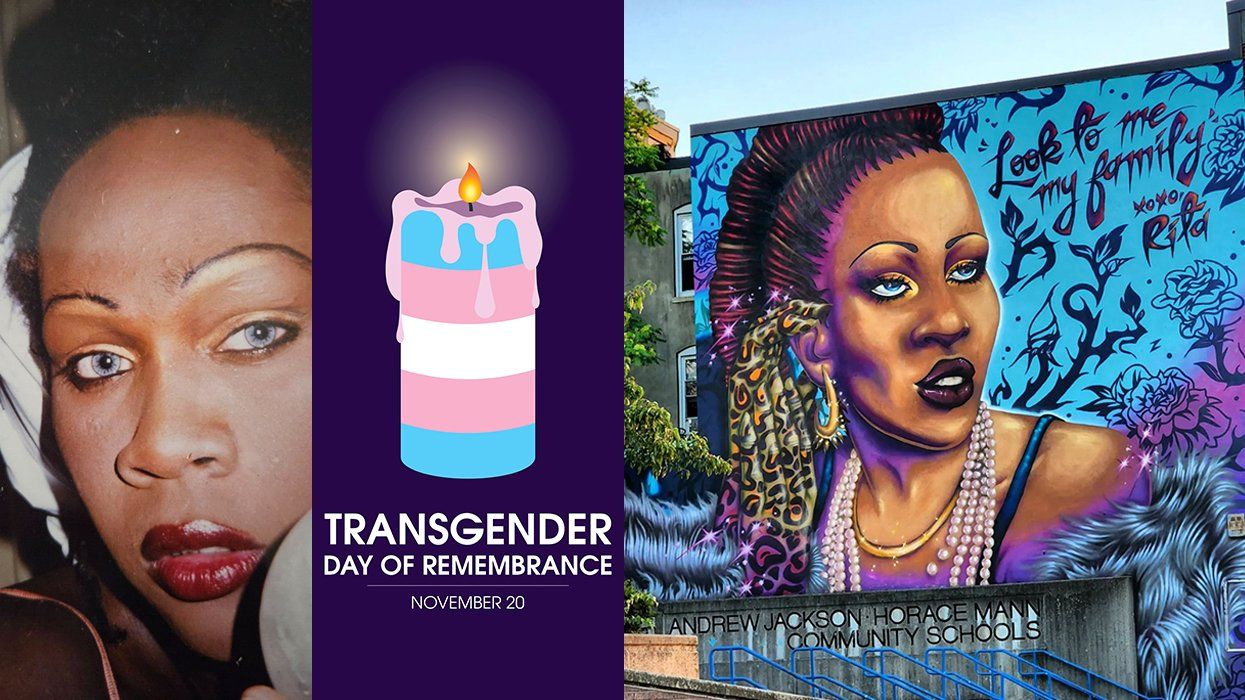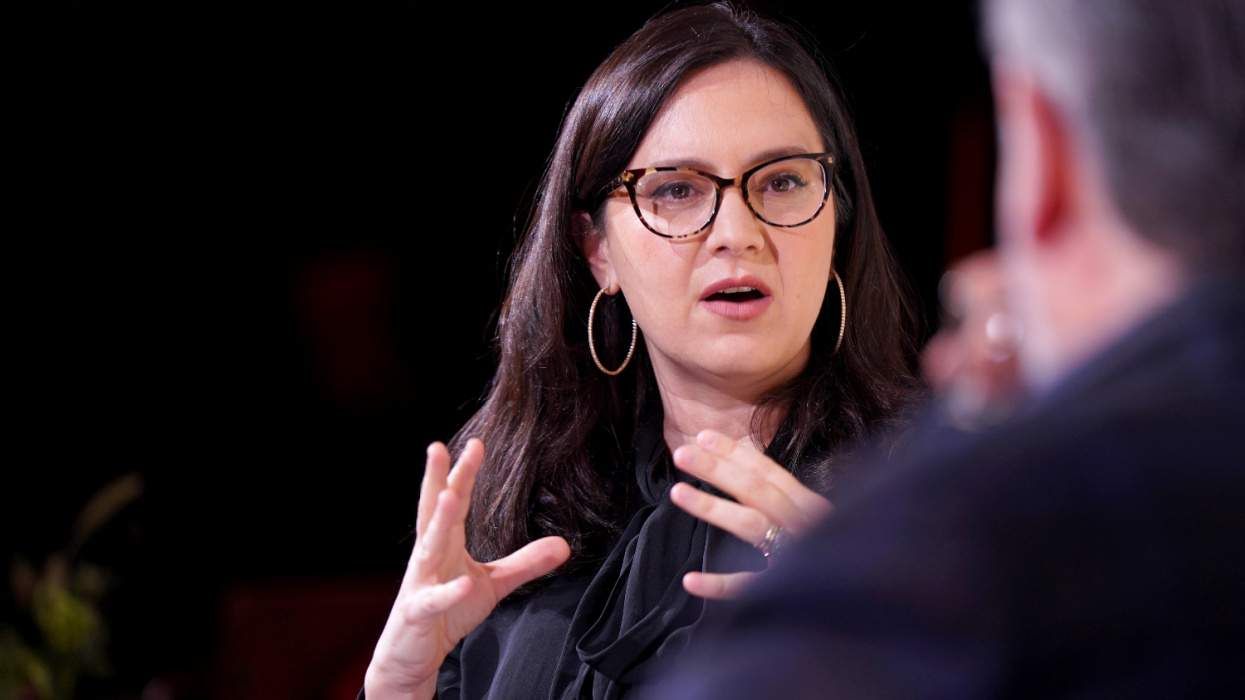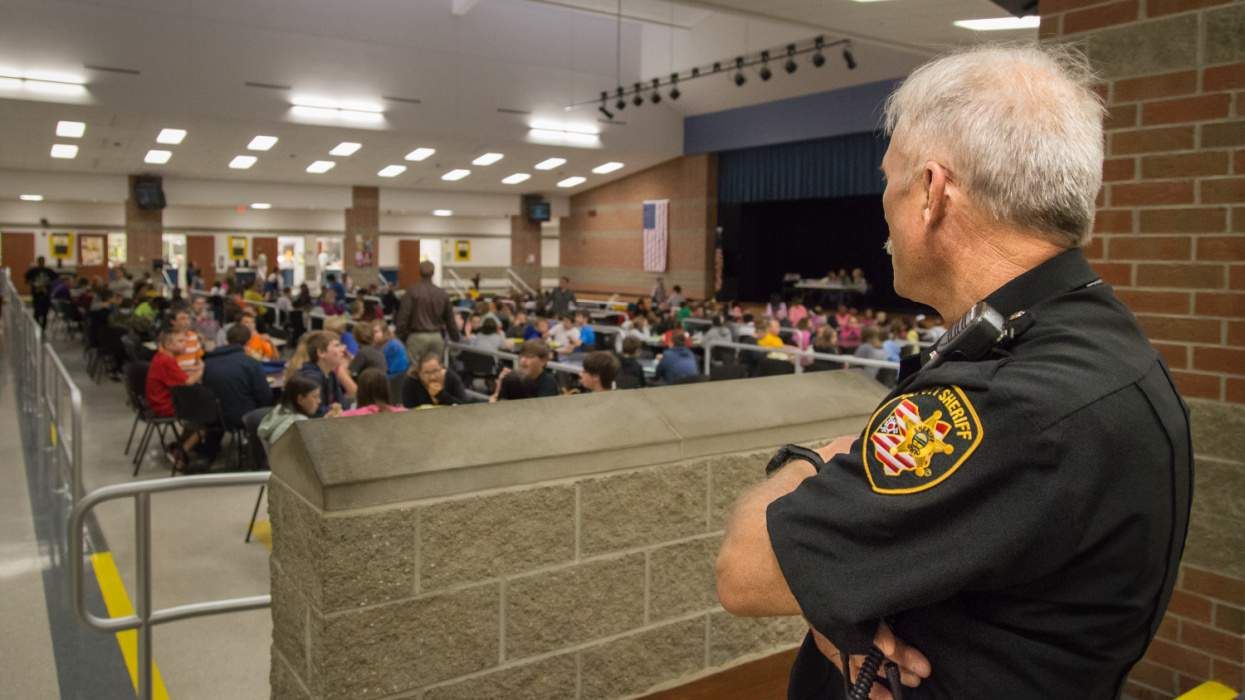Rita Hester seemed destined for greatness.
A well-known dancer, entertainer and singer at Jacque’s Cabaret in downtown Boston – the same club that continues to hold drag celebrations and has been a mainstay in the city’s queer culture for decades – Hester was a transgender woman, fixture in Boston’s nightlife scene and known as a talented poet, singer and dancer.
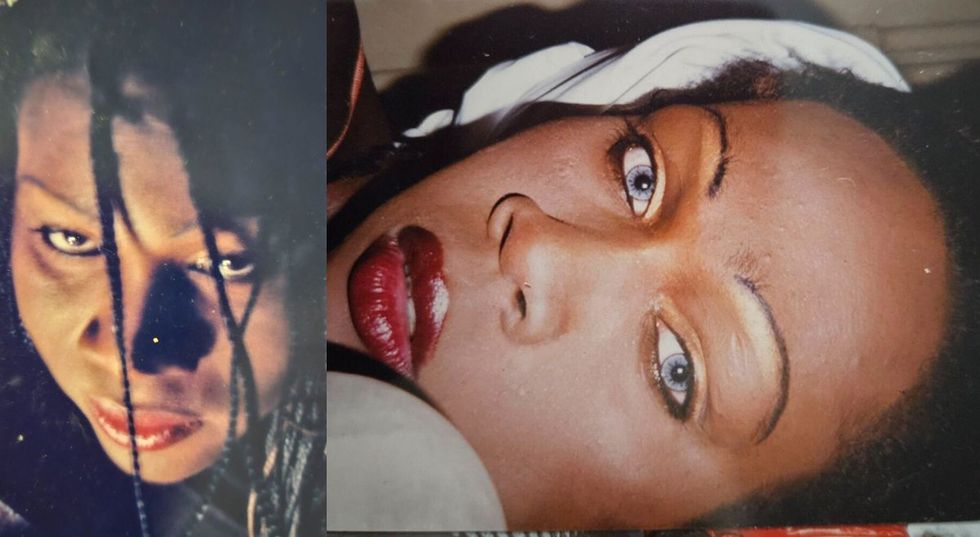
“She was born to be a star,” Rita’s younger sister Eartha Hester told The Advocate. “She was a beautiful soul.”
Rita’s nephew Taufiqul Chowdhury said he imagined she would have lived to become a famous poet, or TV star. “I wish that she could have lived long enough for me to see her perform,” he said. “She was educated, she loved to write. So who knows, maybe she’d [have written] something and could have gotten published.”
But Rita’s life and promise were cut short on Saturday, Nov. 28, 1998. After leaving the Silhouette Lounge in Boston’s Allston/Brighton neighborhood alone at 5 p.m. that night, she was never seen alive again.
Eartha said Rita repeatedly insisted on walking friends home from bars and never let anyone travel alone, even if she’d just met them. But after a less than five minute walk home alone from the bar to her first-floor apartment at 21 Park Vale Ave., Rita was attacked and stabbed at least 20 times in her home. She was taken to Beth Israel Hospital in Boston but died from her wounds shortly afterwards at age 34.
There was nothing stolen from Rita’s apartment, and no sign of forced entry. Twenty-five years after her killing, police and the Hester family still have no leads.
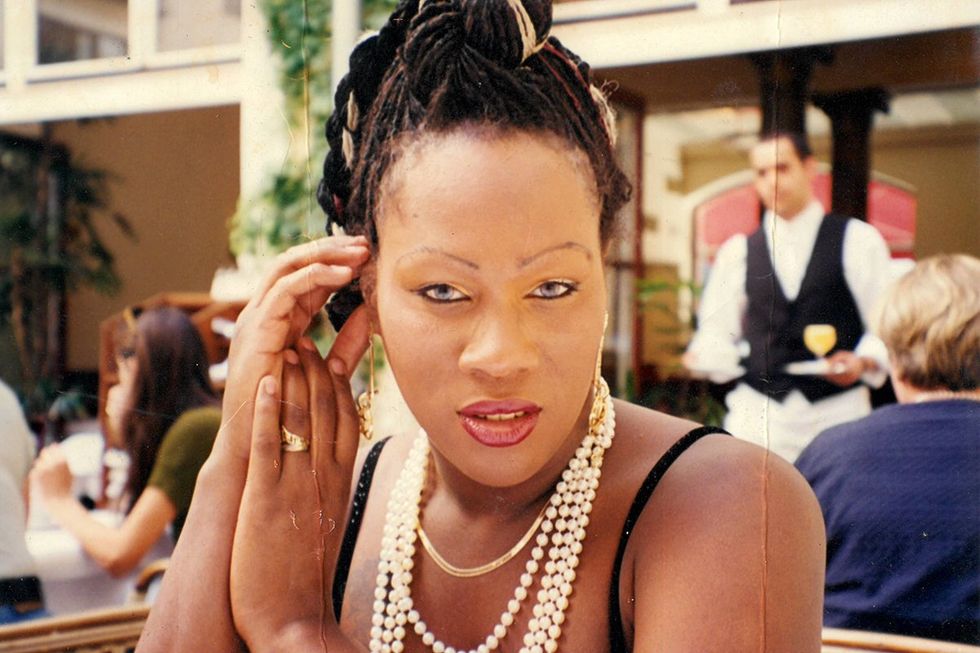
After the Boston Police Department reviewed the crime scene, it was left to Hester’s surviving family – her mother and four siblings – to deal with the wreckage. Police do not clean up crime scenes, and for many families facing funeral or legal expenses, it’s too expensive to hire a trained cleanup crew.
Eartha Hester is 12 years younger than Rita and was in her early 20s when she got the call Rita was killed – she was the first in the family to find out.
Eartha said her family directly dealt with the crime scene after the Boston Police’s investigation. “As far as me being the youngest one, I went in but I came back out. My older brothers and sisters, they handled [cleaning the blood-soaked apartment],” she explained.
Rita’s mother Kathleen Hester passed away in 2020. But Eartha said she tried until the end to get information from the police, although her continued calls often went unanswered.

“It was stressful not getting any type of answers, any information… and just to see my mom trying to get answers and watching her go through it, that was the worst,” Eartha said.
Chowdhury was eight years old when he learned his aunt was murdered. The memories of that night still haunt him 17 years later.
“I can remember my grandmother [Kathleen] screaming and crying and calling out her name,” he said. “I can remember after that, my grandmother never really wanted to be alone.”
Rita’s surviving family believes the Boston Police Department’s recent call for information came only after renewed press and public inquiries spurred on by the 25th anniversary of her death last month.
“We're talking 25 years ago, when being gay was really forbidden,” Eartha said. “With that being said I just feel as though they [Boston Police] didn’t really give a fuck.”
“They didn’t gather evidence that they were supposed to because they didn’t really care,” Eartha said, adding the police likely thought, “We have a man in a dress, whatever. They just didn’t care. They didn’t have empathy.”
Both Eartha and Chowdhury said they thought Rita’s case would have been handled differently if she was white.
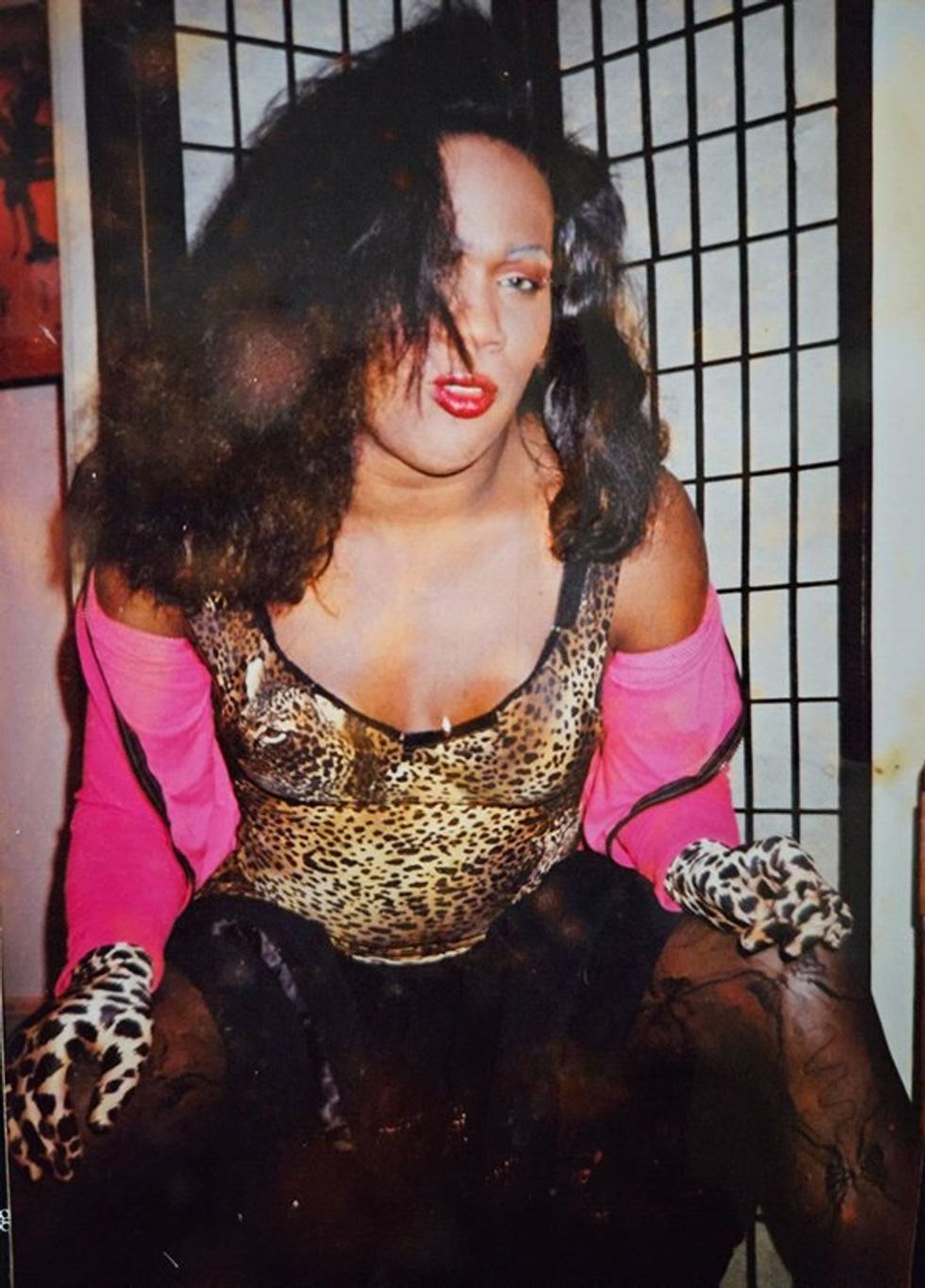
“Rita wasn’t just gay, she was also black so she had two things that were not on her side at that time,” her sister Eartha said.
At the time of her death, Rita was also repeatedly misgendered and her legal name used in coverage. In a 1999 article, Cambridge-based transgender activist and talk show host Nancy Nangeroni said she personally witnessed numerous local news reports calling Rita a “transvestite.” One Boston Globe article cruelly and inaccurately described Rita as “man who sported long braids and preferred women’s clothes,” and insinuated she led an “apparent double life,” all while using male pronouns.
This was contrary to how the Hester family knew Rita, her surviving family said. Eartha Hester and Chowdhury both said their family rarely talked about Rita being transgender – she was just Rita, a woman who was a passionate artist, world traveler and lover of animals and the outdoors.
“She loved her family,” Eartha said, noting that their late mother Kathleen Hester called Rita “her Rock of Gibraltar.” Eartha described Rita as someone who was never easily upset, and whose Allston apartment used to be a safe space for her younger siblings.
“Rita was the reason,” Eartha said, adding she was “just an all-around good person, she had no flaws.”
Despite being from the south and “old-school,” Kathleen Hester and Rita got along very well, Eartha said. “All I know is Rita,” she said. “She was Rita when I was born. There was never any discussion in my house, nobody ever talked about it. She’s just been Rita.”
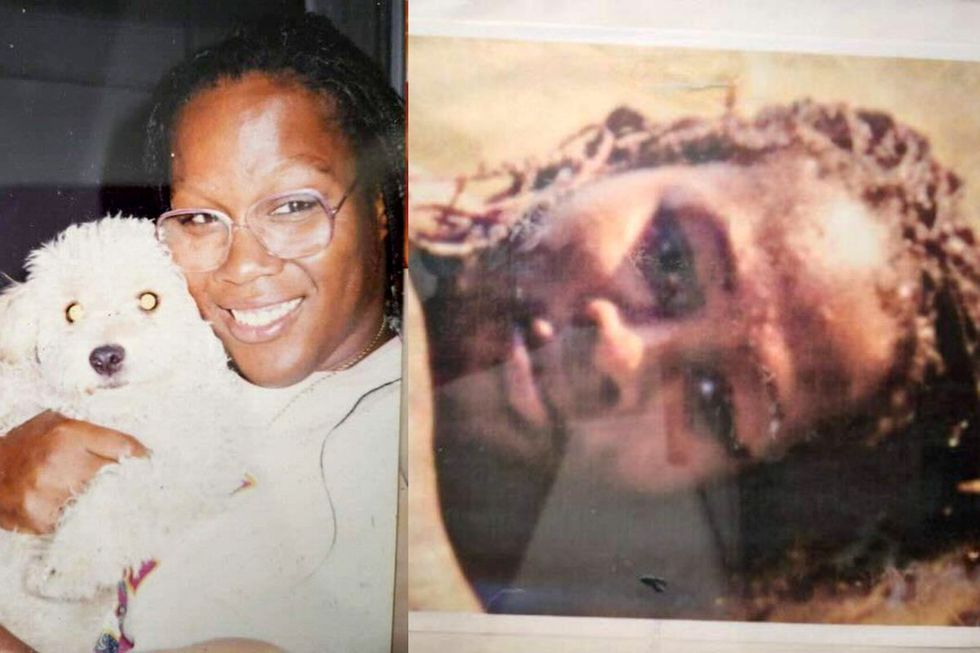
Eartha added that Rita was also well-known in their birthplace of Hartford, Conn., as well as Boston. “We grew up in a project where people knew Rita, who respected who Rita was. My mother raised us [to be] very respectful as well,” she said.
In the years following Rita’s death, Boston Police would insist they weren’t positive that her murder – or other attacks on trans Bostonians – were hate crimes. But in a Boston Globe article about rising anti-gay attacks published the year after Hester’s murder, Boston Police admitted that hate crimes “against gay men and lesbians” were on the rise, though it attributed that partly to an increase in victims’ willingness to report them.
Boston Police Sgt. Det. John Boyle told The Advocate the department remains in search of leads to close Hester’s case.
“We encourage anyone with information, no matter how little it is, to report it to homicide,” Boyle said, noting that tipsters can remain anonymous. “We never close an unsolved homicide case,” he added.
Chowdhury said that he could imagine several different bright futures for Rita.
“Towards the end of her life, she was spending a lot of time in Greece. Who's to say she wouldn't have found somebody in Greece and stayed there?” he said. “Or she’d still be living her best life in Boston and been a staple there.”
While the case remains cold, Rita Hester’s name and image live on. Last Pride month, Boston Mayor Michelle Wu commissioned a mural of Rita at 506 Cambridge St. The text next to the painting of Rita’s face is a line from one of her poems: “Look to me, my family.”
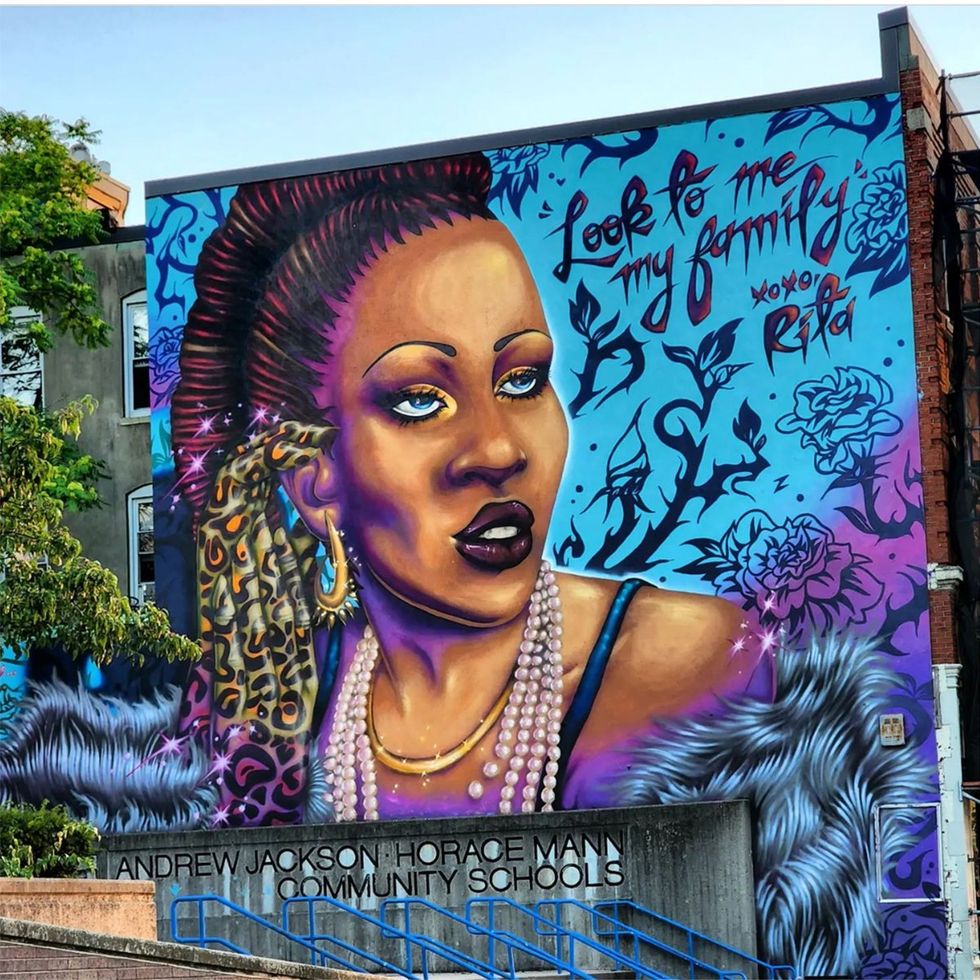
And now, generations of queer and trans children might grow up knowing the name of Rita Hester, even if her assailant remains far from justice. Inspired by Rita’s death, a year later transgender activist Gwendolyn Ann Smith began the Remembering Our Dead project, which morphed into Transgender Day of Remembrance, held every Nov. 20.
“She just happened to be a star for Transgender Day of Remembrance for a whole lot of other people, and I think that’s really beautiful,” Eartha Hester said. “Her death was not in vain, she started something that will last forever… Rita’s name is known worldwide.”
Have a tip about this case to share with law enforcement? Contact the Boston Police Department at 617-343-4470.
Unsolved, Retold: The LGBTQ+ Cold Case Files:
- What Really Happened to Marsha P. Johnson?
- Nearly 30 Years Later, Lesbian Couple's Murder in National Park Remains Unsolved
- Police Questioned a Prime Suspect in a Utah Gay Man’s Murder. Why Is the Case Still Cold?
- 45 Years Ago, Gay Activist Anthony Adams Was Murdered. Utah Police Are Still Missing Evidence
Have information or know of a cold case we should profile next? Reach out to Samson Amore at crime@equalpride.com.
